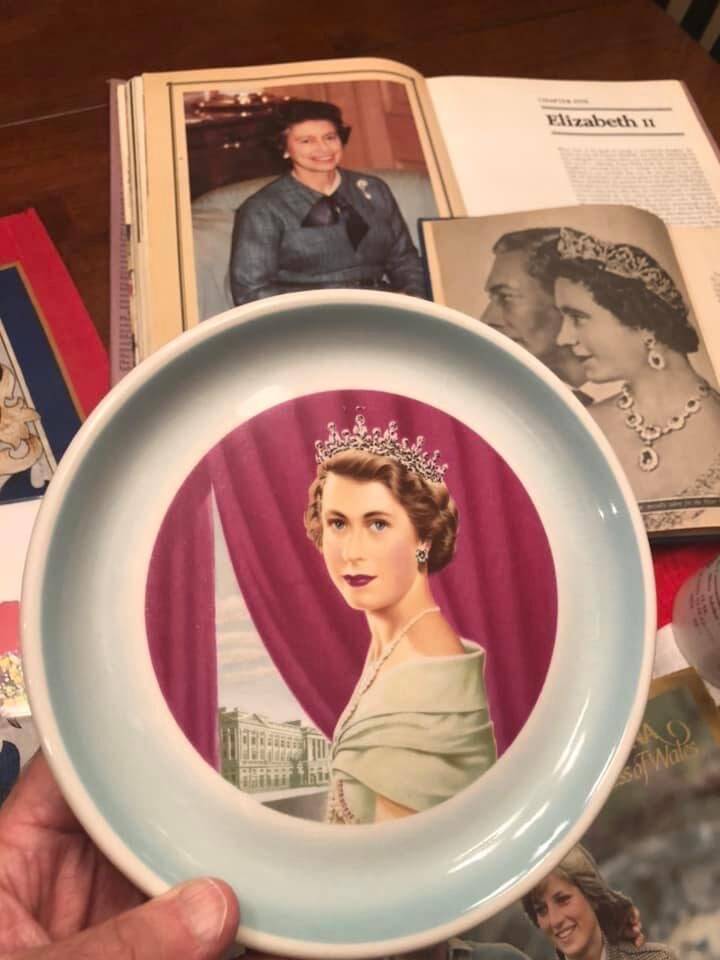Where were you when you were told that Pearl Harbor had been bombed? What were you doing when you heard the news that President Kennedy had been assassinated? How about when Neil Armstrong walked on the moon or when the Challenger exploded after lift-off? If you are thirty years old or older, you can’t help but recall what you were doing and where you were doing it when the Twin Towers fell in New York City.
And what were you doing when you learned that Queen Elizabeth died? I’m guessing that will be one of those days we will not soon forget. I was at my computer editing my weekly blog post about her amazing life. News that her family was being called to her side alerted me to her imminent death. I wanted to reflect on England’s longest ruling monarch who ascended the throne the year I was born.
My fingers found the keys to pound out words about her courageous dignity, poise and grace lived out against the backdrop of family turmoil and tragedy. I remarked on her quiet faith that anchored her soul when her ship of state encountered stormy seas. Even though she stood only sixty-four inches high, the world looked up to Her Highness as a model of humility and perseverance. Elizabeth stood tall. In a reign of seventy years, she showered her subjects with memorable moments irrigating the blooms in their heart.
While I was typing away, my brother texted that Her Majesty had passed away. Even though I was anticipating the news, when the word of her death actually came, I was taken back. As a chaplain in a retirement community, I’ve learned this lesson well. Since I face death continually, I can attest to the fact that the maxim holds. Preparing for the inevitable doesn’t preclude the emotional impact when the inevitable arrives.
What we observed in Great Britain recently was nothing less than astounding. Hundreds of thousands filled the streets of London to pay their respects and blanketing the gates of Buckingham Palace with bouquets. Tributes bombarded social media with expressions of love, admiration and grief. The nation came together in an uncanny display of unity.
A Prime Minister who stridently called for the end of the monarchy decades before now celebrated the place of the Crown with gratitude. Ironically, she was the last person to be photographed with the Queen. And King Charles’ two sons put their relational struggles aside while focusing on a common goal.
The national response to the death of this much-loved Queen reminded me of the aftermath of September 11, 2001. As you likely recall, the days that followed that tragic Tuesday appeared to play out in slow motion. It was surreal. It was unfamiliar. It was sacred. Paradoxically, it was life-giving.
We learned then what we observed this month. National grief coalesces a country like nothing else save war. Political adversaries call a time out. The wealthy and the poor are united by a common debt of love. National pride undermines any sense of global inadequacy. And God is permitted to take center stage.
Do you recall following 9/11 how impromptu prayer gatherings were held in churches in the middle of the day in the middle of the week? God Bless America replaced Take Me Out to the Ball Game at the seventh inning stretch of Major League Baseball games. Conservative Republicans and Progressive Democrats stood on the steps on the U.S. Capitol singing patriot songs in unison (in harmony).
If you watched the prayer services that led up to the State Funeral for Queen Elizabeth as well as the funeral itself, you heard more than just mention of the monarch’s depth of faith. You heard words from God’s Word that comforted and challenged a nation in grief. You witnessed those in leadership call upon God Almighty for divine help without concern for being politically correct.
Like the old gospel hymn suggests, “In times like these, we need a Savior…” And in times like these, we tend to agree!
Guest columnist Greg Asimakoupoulos is chaplain at Covenant Living at the Shores in Mercer Island.



